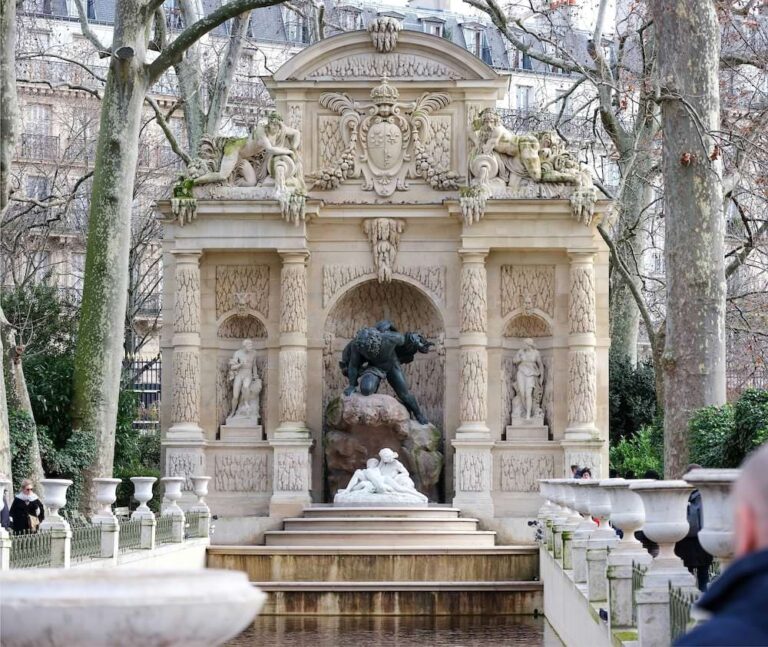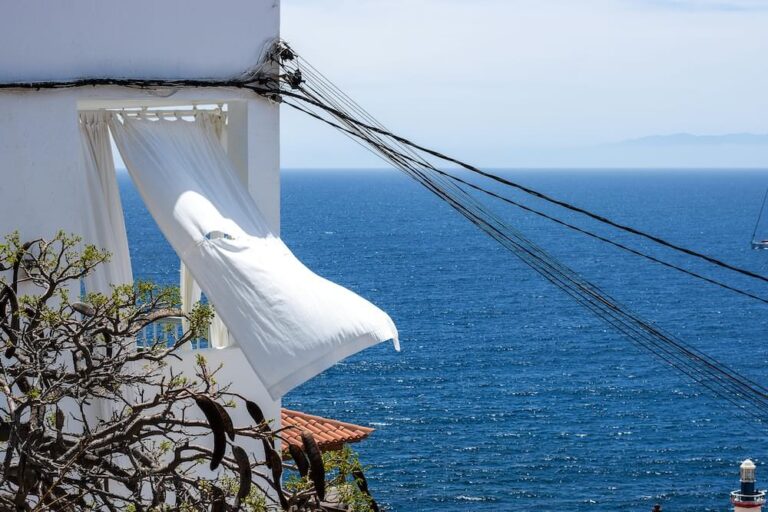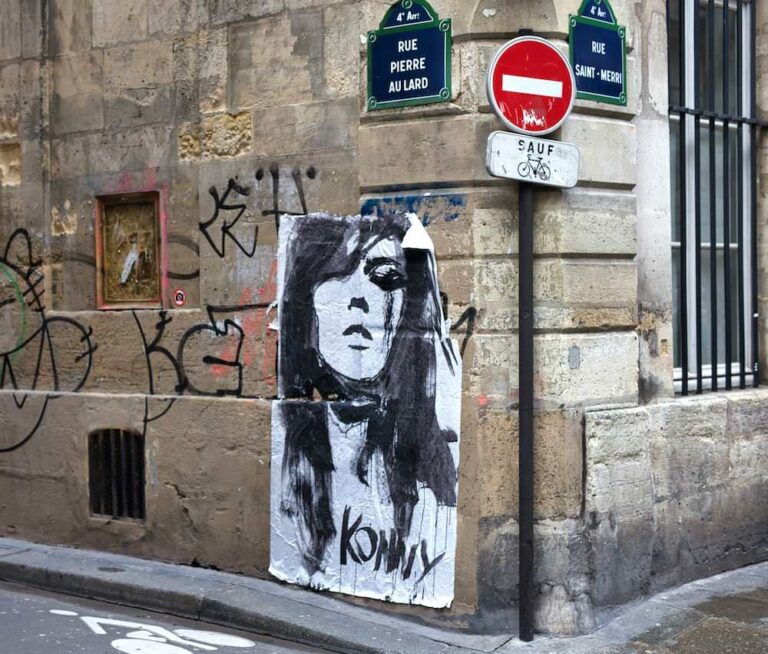cheval, chevaux
In modern French, most nouns and adjectives ending in -al form their plural in -aux. This pattern is highly productive and applies to a large majority of common words. There are, however, a small number of well established exceptions, mainly nouns, and a very limited set of adjectives that take a regular -s plural instead.
The general rule: -al → -aux
For most nouns and adjectives, the singular ending -al changes to -aux in the plural.
Common nouns
- Un cheval / des chevaux
- Un animal / des animaux
- Un journal / des journaux
- Un hôpital / des hôpitaux
- Un signal / des signaux
Usage examples:
- Ce cheval est très calme. This horse is very calm.
- Ces chevaux vivent à la campagne. These horses live in the countryside.
- Je lis le journal tous les matins. I read the newspaper every morning.
- Je lis plusieurs journaux en ligne. I read several newspapers online.
Adjectives
- Occidental / occidentaux
- National / nationaux
- Culturel / culturels is incorrect, the correct plural is culturels? No, culturel becomes culturels? Wait, correction: culturel follows the rule and becomes culturels? Actually culturel ends in -el, not -al. Avoid.
- Local / locaux
- Principal / principaux
Usage examples:
- Ce pays occidental est riche. This western country is wealthy.
- Les pays occidentaux partagent certaines valeurs. Western countries share certain values.
- C’est un problème local. It is a local problem.
- Ce sont des problèmes locaux. They are local problems.
Nouns ending in -al that do not change to -aux
A small, closed group of common nouns form their plural by simply adding -s. These are the main ones encountered in contemporary French:
- Un bal / des bals
- Un carnaval / des carnavals
- Un chacal / des chacals
- Un étal / des étals
- Un festival / des festivals
- Un narval / des narvals
- Un régal / des régals
Usage examples:
- Le bal commence à huit heures. The ball starts at eight o’clock.
- Les bals traditionnels attirent beaucoup de monde. Traditional dances attract many people.
- Ce festival est très connu. This festival is very well known.
- Ces festivals ont lieu en été. These festivals take place in summer.
These nouns must be memorised individually. There is no productive rule that predicts which nouns behave this way.
Adjectives ending in -al that take -s in the plural
Only a few adjectives ending in -al form their plural with -s. The most common are:
- Banal / banals
- Fatal / fatals
- Naval / navals
Usage examples:
- C’est une erreur banale. It is a trivial mistake.
- Ce sont des erreurs banales. They are trivial mistakes.
- Il a subi un accident fatal. He suffered a fatal accident.
- Les accidents fatals sont rares ici. Fatal accidents are rare here.
Meaning based alternatives and reformulation
In some contexts, speakers may choose synonymous words that avoid the plural difficulty entirely.
Examples:
- Festival can sometimes be replaced by manifestation culturelle
- Occidental may be replaced by de l’ouest in certain descriptive contexts
Example sentences:
- Ce festival attire des touristes. This festival attracts tourists.
- Cette manifestation culturelle attire des touristes. This cultural event attracts tourists.
- Les pays occidentaux exportent beaucoup. Western countries export a lot.
- Les pays de l’ouest exportent beaucoup. Western countries export a lot.
Summary
- Most French nouns and adjectives ending in -al form their plural in -aux.
- A small group of common nouns take a regular -s plural instead.
- Only a few adjectives, notably banal, fatal and naval, take -s in the plural.
- The exceptional forms must be learned individually, as they are not predictable.






